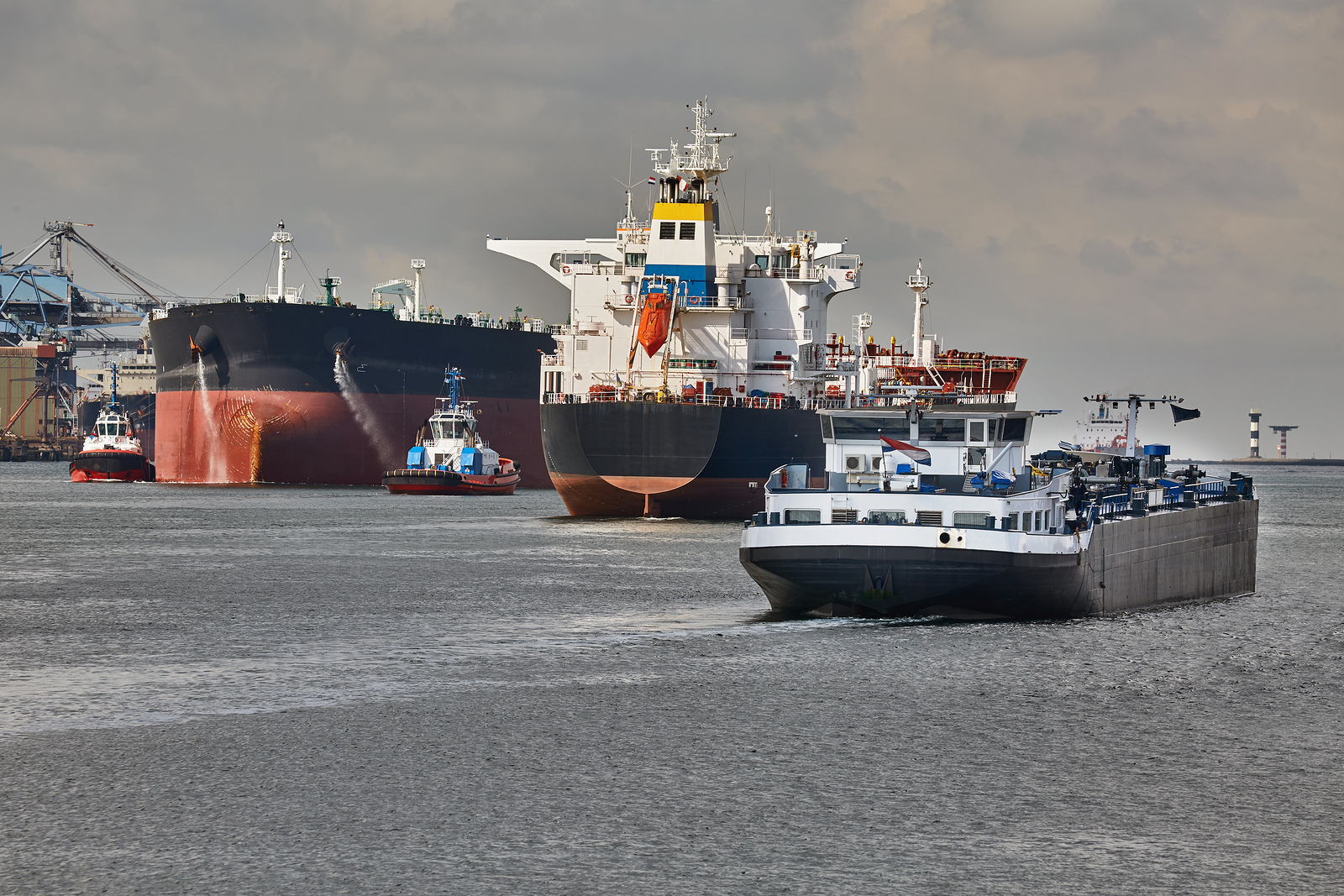
How Are You Handling The IMO 2020 Regulations?
For the last few weeks, those in the shipping industry have been getting to grips with the new global IMO 2020 regulations that came in on January 1st, placing an upper limit on the sulphur content of fuel oil used by ships of 0.5 per cent, down from 3.5 per cent.
This new limit comes under the International Convention for the Prevention of Pollution from ships, a key treaty that falls under the remit of the International Maritime Organization (IMO), the agency responsible for developing and adopting standards for preventing ship pollution, as well as safety, efficiency and maritime security.
The reduced limit will be mandatory for all ships operating outside designated Emission Control Areas, where the limit is 0.10 per cent. The move will see a 77 per cent fall in sulphur oxide emissions, or the annual equivalent of around 8.5 million metric tonnes which will have a positive effect on human health.
It will also help to prevent acid rain from falling, as well as ocean acidification, which will benefit forests, crops and aquatic life.
“For the past three years, IMO Member States, the shipping industry and fuel oil suppliers have been working tirelessly to prepare for this major change in the sulphur content of ships’ fuel oil. I am confident that the benefits will soon be felt and that implementation will be smooth.
“I am very appreciative of all the efforts made by refineries, shipowners, seafarers, industry organizations and others in preparing for this hugely important change – which will have significant positive benefits for human health and the environment.” Kitack Lim, IMO secretary-general, said.
Last month (December), the IMO also announced a new global project to prevent and reduce plastic litter from fisheries and shipping, given that this is now recognised as a major environmental concern.
The GloLitter Partnerships Project intends to help the industry move to a low plastics future, with actions to include the availability and adequacy of port reception facilities, encourage the marking of fishing gear so it can be traced back to its owner if thrown away and raising awareness of the issue among the shipping and fisheries sectors.
As Mr Lim explained a few weeks ago, fish, marine animals and seabirds are all being harmed by plastic litter, which is now a threat to the entire marine ecosystem. The ambition is to move the sector away from this and towards a future where no plastic waste whatsoever makes its way into the sea.
To find out about our waste oil collection services, get in touch with us today.
